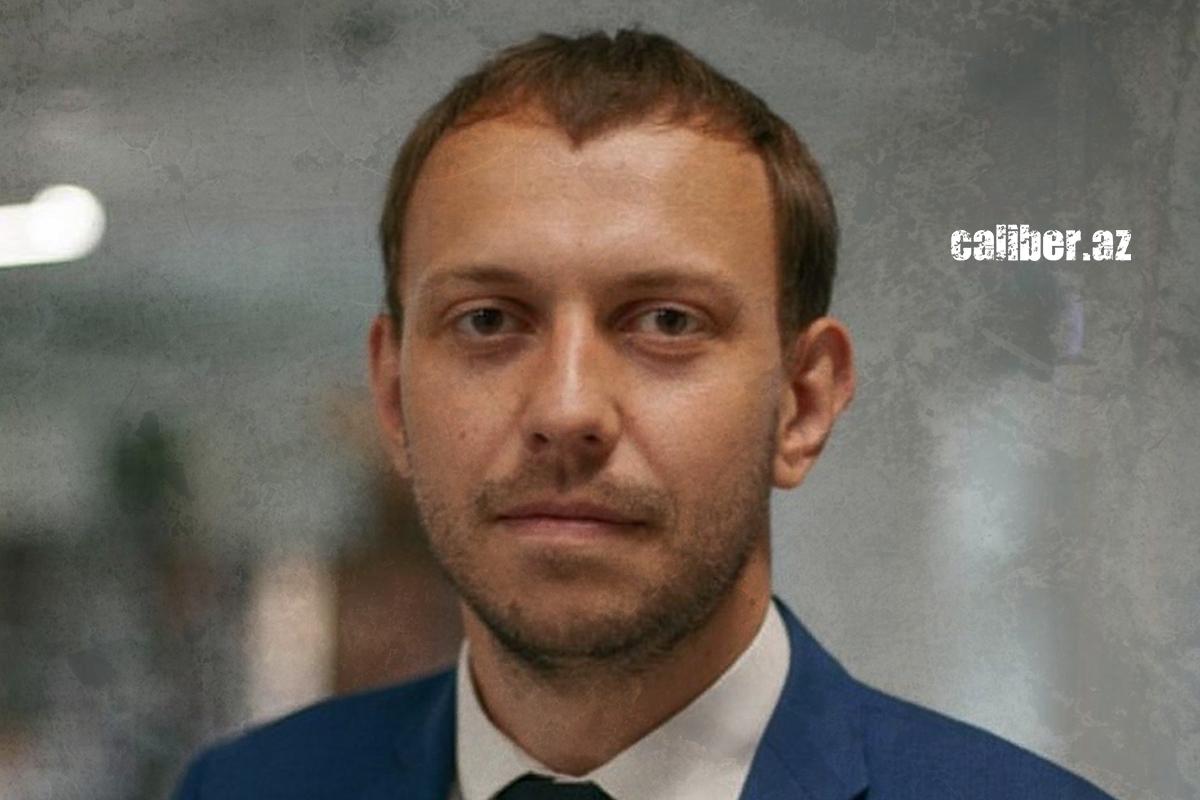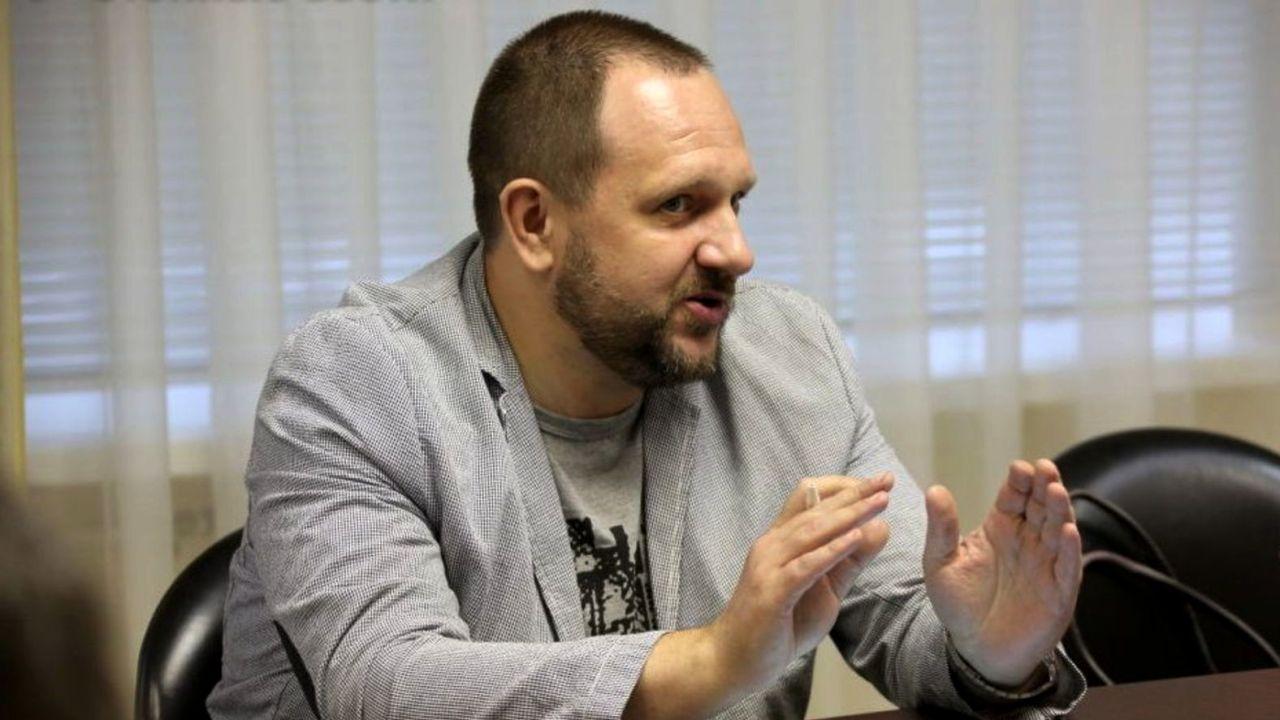Establishment of Russian Consulate General in Gafan will boost opening of Zangezur corridor Caliber.Az conversation with Russian political analysts
Russia plans to open a second consulate general in Armenia, in the city of Gafan, Deputy Foreign Minister Yevgeny Ivanov recently told Russian media. Interestingly, this comes against the backdrop of Moscow's apparently deteriorating relations with Yerevan and growing anti-Russian sentiment in Armenia.
The issue of the Zangezur corridor, which the Kremlin is urging the Armenian side to unblock, is somehow connected with the opening of the new diplomatic mission. Incidentally, the general consulate of another regional power - Iran - has been operating in Gafan for about a year.
How do Russian political analysts evaluate this? Why did Moscow decide to open another one in Gafan in addition to its general consular office in Gyumri? What are the goals and objectives being pursued here?

According to Anton Bredikhin, Russian political scientist, editor-in-chief of Archont magazine and president of the Centre for Ethnic and International Studies, Russia's opening of a new consulate general in Armenia means there is demand. Speaking to Caliber.Az, the expert noted that there are therefore requests from Russian citizens who are on Armenian territory.
"And these aren't so-called Russian migrants, but people carrying out one or another of our state's tasks, in particular, participating in the economic development of the region, carrying out humanitarian missions, building highways. And whatever Pashinyan does, however he arranges his Russophobic vector, Russia clearly declares that it does not want to leave Armenia," Bredikhin noted.
In his opinion, Russia has no intention of reducing its military presence in Armenia; on the contrary, there will be an increase in it. Such a step should be interpreted as a signal to everyone in Armenia, Russia's neighbours and opponents.
"So, I think, in addition to the Consulate General in Gafan, other related projects will be implemented in this area, 'Russian Houses' will be opened under the umbrella of the relevant body - Rossotrudnichestvo, it is possible to create new investment companies related to the implementation of the Zangezur corridor, among others, and even to expand the Russian military presence in Armenia. So everything is still ahead of us. I think there will be a lot of interesting news in Russian foreign policy in 2024," Bredikhin is sure.

Vitaly Arkov, a Russian political scientist and founder of the PolitRUS analytical network, says that according to the Russian Foreign Ministry, the new consulate general in Gafan will further strengthen Russian-Armenian relations and stabilise the situation in the region, as well as expand cultural, humanitarian, trade, economic and interregional cooperation. According to him, these are not mere protocol phrases, but real goals and tasks on the agenda. Especially in terms of stabilising the situation in the region.
"Let me remind you that the decision to open an additional Russian Consulate General in Armenia was taken during a personal meeting between Russian President Vladimir Putin and Armenian Prime Minister Nikol Pashinyan. And no matter how strained relations between Moscow and Yerevan are on certain issues, no matter how 'peculiar' Mr Pashinyan himself is, he is trying not to go beyond the 'red lines' and fulfil what was agreed with Putin personally. At least for now," the Russian political analyst stressed.
According to him, there are several reasons for opening a new consulate general in Gafan.
"It is a significant increase in the activity of representatives of the so-called 'collective West' in Armenia - mainly the United States and France, which is reflected in the stirring artificial Russophobia in Armenian society. Their activity is also noticeable in the south of Armenia, which is no coincidence. It has already been discussed that the Western countries consider Armenia as a springboard for a possible military operation against Iran. At present, these forces need to disrupt the confidential partnership between Russia and Iran using the territory of Armenia.
France's efforts to disrupt plans to restore land transport links between 'mainland' Azerbaijan and the Autonomous Republic of Nakhchivan through the territory of Armenia are also evident. Paris understands that this will both strengthen the positions of Azerbaijan and Türkiye and create a platform for an additional 'arm' of the multimodal international transport corridor 'North-South', as well as provide the Armenian economy with additional serious opportunities and reduce its dependence on the European Union and France," the political scientist believes.
Arkov points out that even under the dictates of the Elysee Palace, Yerevan does not formally reject this corridor - especially since Baku does not insist on its official name "Zangezur" (the name should be neutral, but it will still work).
"For the time being, we are relying on the agreements previously reached and signed by the three parties, according to which the corridor under discussion will function with the support of Russia, which will allow us to avoid excesses in the conditions of instability in the Armenian society on the issue of relations with Azerbaijan. In this regard, the appearance of another Russian Consulate General in the Syunik region (Zangezur - ed.) is understandable and logical. As well as the stationing there of special units of the Russian Armed Forces, which will ensure the security of the corridor not only from various Armenian revanchists, but also from provocations, and sabotage, which cannot be excluded on the instructions of third forces, special services of the same France or the United States, to destabilise the situation in the South Caucasus", Arkov concluded.








